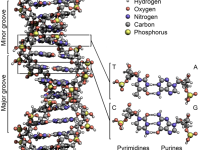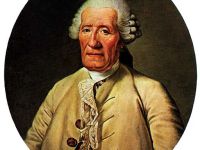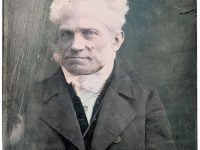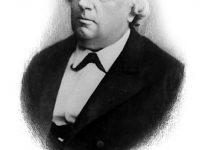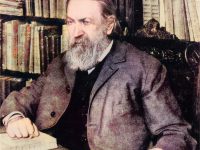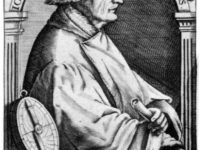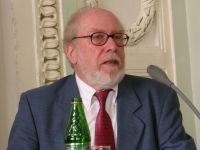How Crick and Watson deciphered the DNA
On February 28, 1953, American molecular biologist James D. Watson and English biophysicist Francis Crick announced to friends that they succeeded to determine the chemical structure of DNA. “When finally interpreted, the genetic messages encoded within our DNA molecules will provide the ultimate answers to the chemical underpinnings of human existence.” – James D. Watson, in [11] DNA and RNA – the Prelude In 1869, the Swiss physician Friedrich Miescher discovered a…
Read more

